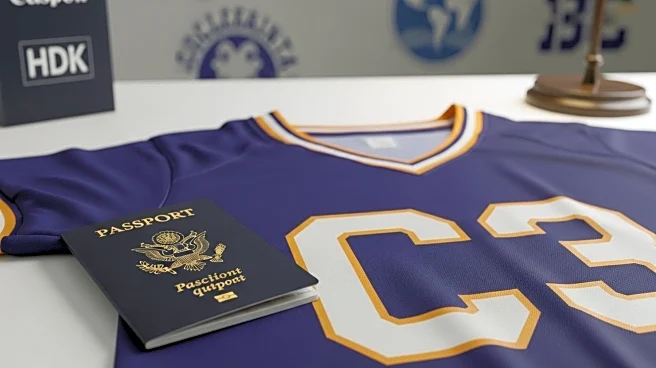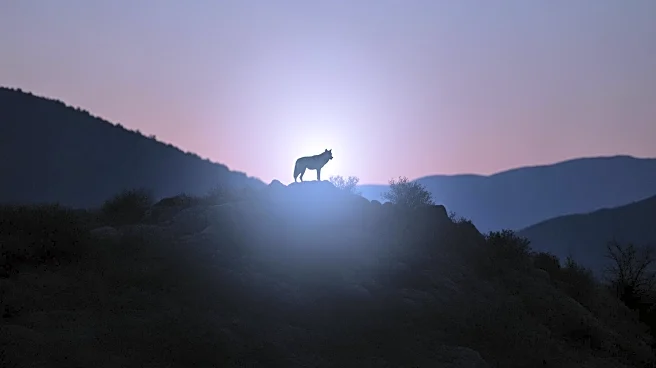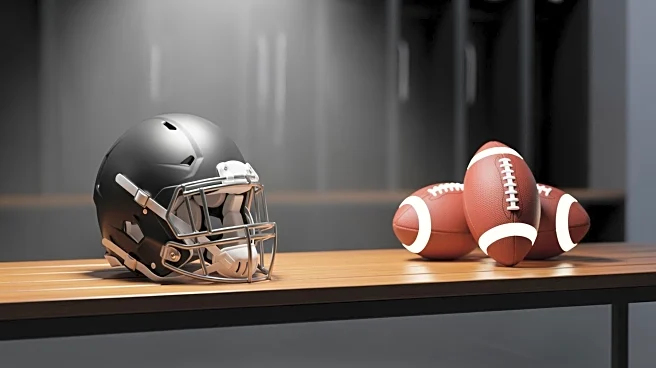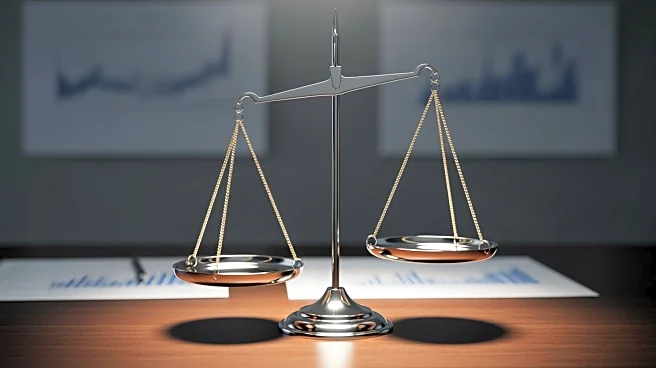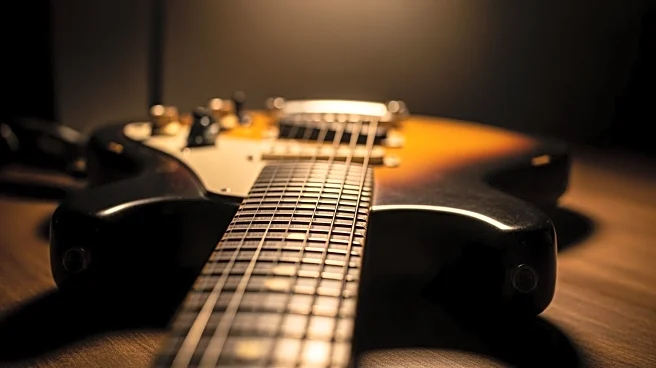What is the story about?
What's Happening?
A federal judge in Louisiana has ruled against the U.S. government's attempt to block international college athletes from obtaining visas typically used by professional athletes. The decision allows Arizona State basketball player Last-Tear Poa and other international athletes to apply for P-1A visas, which facilitate earning money while playing college sports in the U.S. Poa, an Australian athlete, filed the lawsuit after being denied a P-1A visa, which would enable her to receive payments for endorsements and other deals. The ruling challenges the U.S. Citizenship and Immigration Services' stance that college athletes cannot qualify for these visas due to their educational pursuits. The case will proceed to determine if Poa meets the criteria for the visa, potentially setting a precedent for other international athletes.
Why It's Important?
The ruling addresses a significant issue for international college athletes seeking to benefit from Name, Image, and Likeness (NIL) opportunities without jeopardizing their immigration status. It could pave the way for more athletes to access financial opportunities while studying in the U.S., impacting college sports and the broader NIL landscape. The decision may influence immigration policies and lead to legislative efforts to clarify the status of international athletes. Schools and athletes stand to benefit from increased clarity and opportunities, while the ruling may also prompt further legal challenges and policy discussions.
What's Next?
The case will continue to assess Poa's eligibility for the P-1A visa, with potential implications for other athletes. The ruling may lead to increased advocacy for policy changes to support international athletes in accessing NIL opportunities. Stakeholders, including colleges and sports organizations, may seek to develop strategies to navigate the evolving legal landscape.
